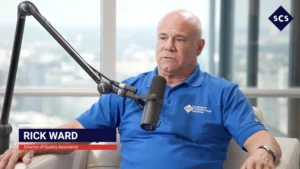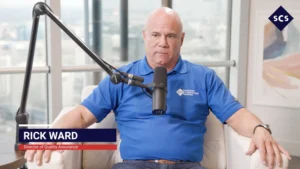Emphasizing Education in Real Estate: Dirt Work
Joseph Cahoon, Director of Folsom Institute for Real Estate at SMU’s Cox School of Business, joined us on the most recent episode of Dirt Work to discuss the cross-section of education and real estate in light of invocation and changes brought forth by the coronavirus pandemic. SMU successfully transitioned over 10,000 students to remote learning in rapid fashion. “We had been thinking about on-line education for a long time but most of the faculty was skeptical about on-line learning and while it wasn’t exactly a smooth transition, it brought about change that might have taken years in a matter of month”. A main benefit that the online education offers is the concept of “asynchronous learning”, which is the idea that students learn the same material at different times and locations, which is different than the lecture-based model. Cahoon beliefs that online learning will continue to be relevant in the education space as universities transition to a hybrid (i.e. half in-person, half-online) model. Universities were not the only groups that saw an increase in on-line learning, as LinkedIn, Coursera and Udemy saw tremendous increases in learning content consumed and enrollment since the start of COVID-19. Cahoon believes that the next opportunity in online learning lies within the ability to increase student engagement in the sessions.
In regard to changes in the real estate landscape, Cahoon thinks that similar to the education space, that COVID-19 sped up trends that were already on-going (e.g. migration from higher to lower cost areas, certain struggling sectors of retail) and eventually thinks consumer behavior will resume to levels similar to those seen pre-COVID, especially in Class A & B locations varying, of course, across product-types. Cahoon highlighted that an often-overlooked aspect of the COVID real estate value correction is decreased property tax revenue for cities in the immediate term. However, “This may an opportunity for cities to be adaptive and creative…which maybe has a positive long-term benefit…if we create better cities, more equitable cities, cities that are healthier economically, it will only positively benefit everyone’s real estate”.
For those interested in learning more on the latest real estate trends, Cahoon recommends Howard Marks’ Memos and subscribing to the Folsom Institute’s weekly newsletter by emailing real@smu.edu.









